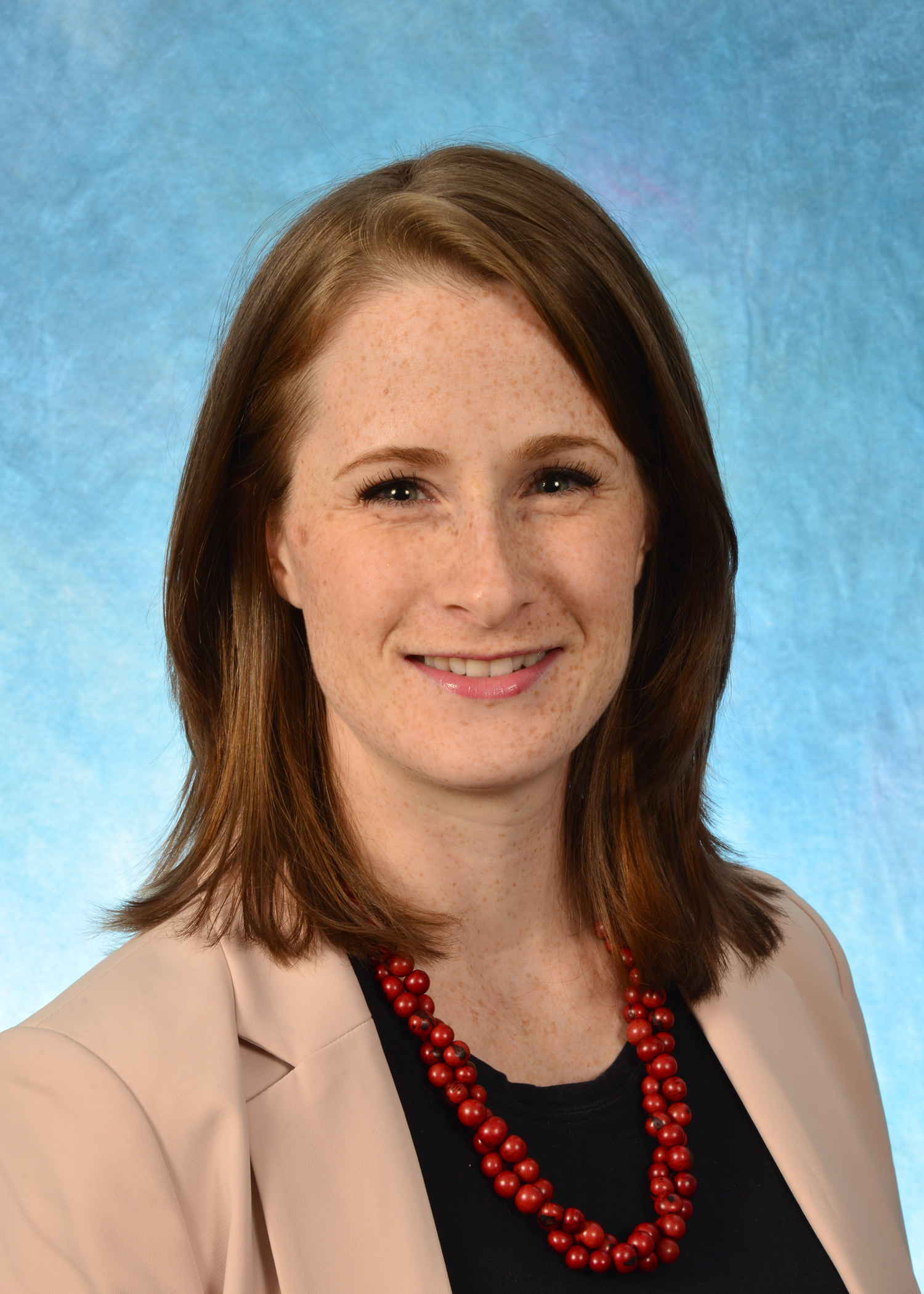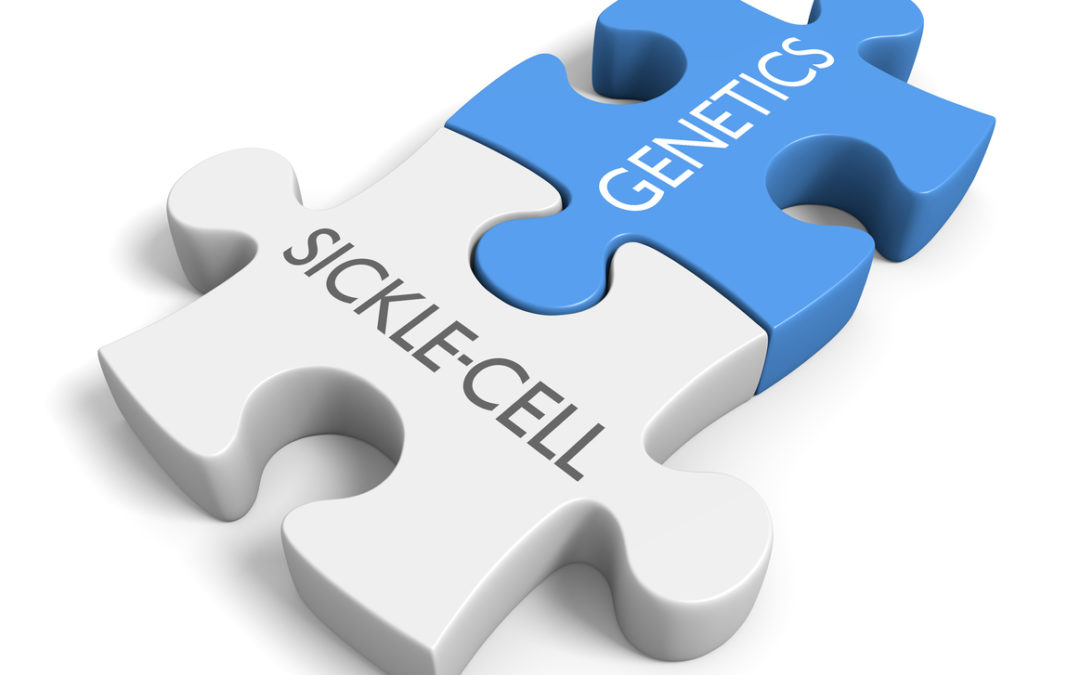Sickle cell disease (SCD), also called sickle cell anemia, is one of the most common and well-known genetic disorders globally. Preimplantation genetic testing (PGT), in combination with in-vitro fertilization (IVF), provides families with the opportunity to test embryos for SCD and transfer only unaffected embryos for a pregnancy. Although PGT for SCD has been available for over 20 years, the technology is underutilized for this disorder. It is unclear why more families do not seek PGT for this chronic, serious condition. Recent interviews with parents and patients shed some light on perspectives about PGT within the SCD community that may help explain this trend.
Less than half of the participants in this study were aware of PGT at the time of the interview. Some interviewees believed that providers don’t provide enough education about the technology to the SCD community. After learning about IVF and PGT, participants had mixed opinions. Most parents expressed interest in undergoing PGT to conceive a future child. However, the cost of IVF and PGT seems to be the greatest concern among SCD families. Participants acknowledged that part of the underutilization of PGT for SCD may also be due to societal disparities in healthcare, notably access to advanced technologies. Aside from cost, many participants saw no barriers to pursuing PGT, although some families cited ethical and religious concerns about the technology. The great cultural diversity within the SCD community may lend itself to a breadth of opinions about the ethical implications of assisted reproductive technologies, so additional research is needed to explore these opinions further.
PGT has another application for the SCD community. The only known cure for SCD is a hematopoietic stem cell transplant (HSCT), ideally from a human leukocyte antigen (HLA)-matched sibling. This treatment is most beneficial early in the affected child’s life, before much organ damage has occurred. These stem cells can be noninvasively harvested from the umbilical cord of the HLA-matched sibling at birth. PGT can be used to identify embryos that are HLA-identical to a living child with SCD, ensuring a matched donor.
All participants interviewed in the study were aware of HSCT treatment, but most were unaware of PGT for HLA-matching. Some interviewees felt that it is unethical to conceive a child solely because they can be a donor for their sibling, a so-called “savior sibling.” Others believed that this is a great option for families already planning more children. Some families reported concerns about the chance that either IVF or HSCT will not be successful. Many participants also discussed a risk-benefit comparison of the perceived suffering due to SCD and the challenges associated with IVF and HSCT.
Regardless of their own views, participants could agree that education about PGT for SCD or HLA-matching is very important. Eighty-three percent of participants stated that doctors should talk to families about PGT as early as possible, ideally at a child’s first hematology visit or during a patient’s first year of life. Early awareness allows greater time for family planning and informed decision-making. Educational materials about PGT for SCD are vital, such as this recent brochure published by Children’s National Medical Center.
Meeting with a genetic counselor before becoming pregnant to discuss the option of PGT either to conceive a child without SCD or to specifically conceive a matched HLA-donor can be helpful in determining if this technology is appropriate for your family’s needs.
For more information and resources about sickle cell disease, please visit the Sickle Cell Disease Association of America, the Sickle Cell Disease Coalition, or the Foundation for Sickle Cell Disease Research.

Elysia is an independent consultant to Sharing Healthy Genes. She is a board-certified Reproductive Genetic Counselor and Clinical Instructor at the University of North Carolina in Chapel Hill. She received her Bachelor’s in Science at the University of Maryland in College Park and her Master’s in Genetic Counseling from the University of Maryland in Baltimore. In her role as educator, Elysia is involved in didactic and clinical teaching of a variety of learners, including medical students, residents, and fellows, as well as genetic counseling students. As a clinician, Elysia provides genetic counseling services for patients considering pregnancy and who are currently pregnant. Elysia has enjoyed a number of leadership roles in professional committees with the National Society of Genetic Counselors, the American Board of Genetic Counseling, and the Accreditation Council for Genetic Counseling.
